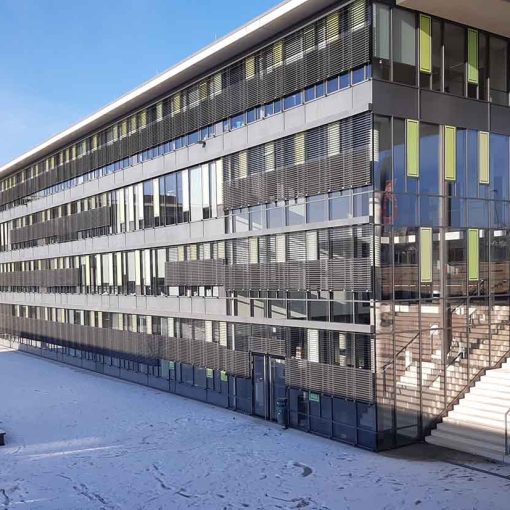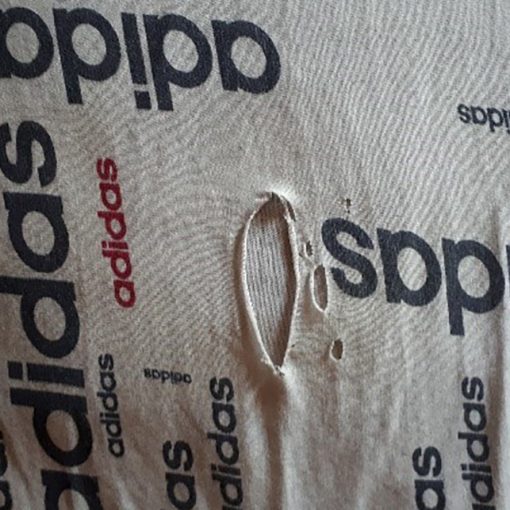Design Research (DR) involves generating innovative and effective solutions for practical problems inspired by theory and real-life interventions (Brown 1992; Collins et al. 2004, Easterday et al. 2018). The Urban Ecology and Nature-Based Solutions (UENbS) module under MSc in Urban Climate and Sustainability (MUrCS), which is an International Erasmus Mundus Joint Master of Science Program, provided the students with a unique opportunity for implementing design research as a method to explore new solution models and develop guiding designs for presenting different sustainable options to create green infrastructure pilots in Mukkula shopping center area as an initiative under the PilotGreen project (LAB University of Applied Sciences 2023).
Group-based Innovative Research Design by International Students
Under the UENbS module, the students got the opportunity to learn and experience the climate-related issues influencing urban development through theoretical knowledge, site visits, and practical sessions in different cities in Germany (Dresden and Berlin) and Finland (Helsinki, Tampere, Turku, and Lahti). The site visits provided insights into Nature-based Solutions (NbS), including water management and quality, soil engineering, soil and water bioengineering, vegetation use, and their contribution to climate-conscious urban and regional development. Students have benefited from the various mobility pathways available, allowing them to acquire subject-specific knowledge based on evidence, a thorough comprehension of urban climate change, and a systematic approach to addressing challenges and finding solutions for sustainable urban design.
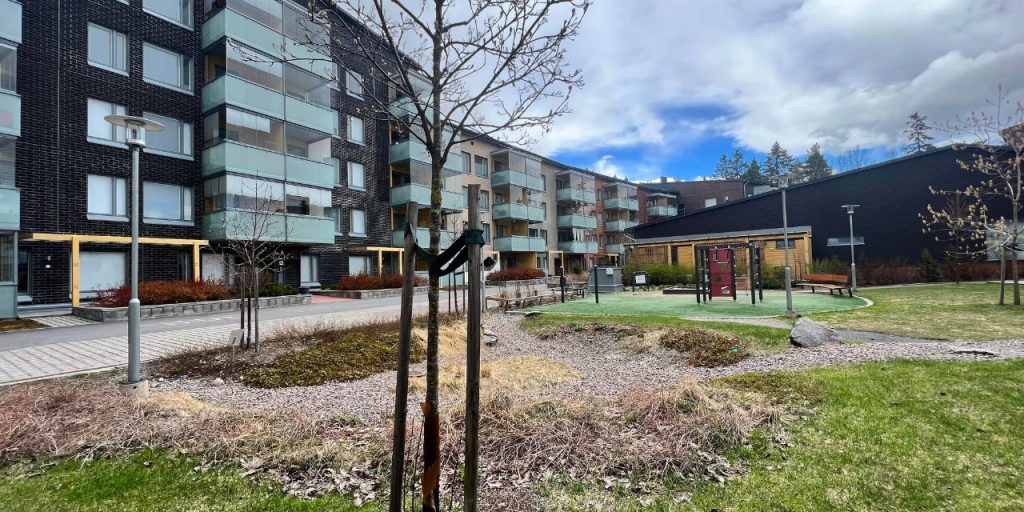
Developing Proposals for Green Infrastructure Pilots at the Mukkula Shopping Center Area
The students were divided into groups to propose new solutions for green infrastructure pilots at the Mukkula shopping center area. The module was highly engaging, and the students got the opportunity to learn from visiting the Mukkula site to identify the scope for different NbS interventions. Firstly, the groups identified the existing issues in the Mukkula shopping center area, including an abundance of concrete infrastructure, a lack of greenery, and inadequate recreational spaces for social interaction.
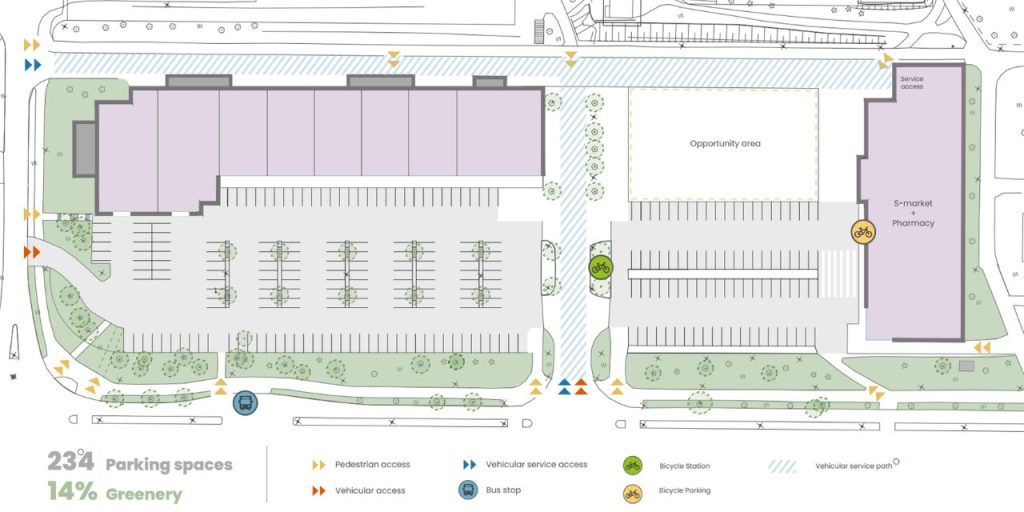
The groups identified benchmarking of solutions from comparable urban environments in different countries, both from the literature review and practical observations from the site visits. Finally, inspiration from the benchmarking solutions was incorporated into the group project to propose ecological, social, economic, and cultural sustainability solutions. The proposed solutions primarily focused on innovative ideas that can be utilized during cold and warm weather, as Finland has a harsh and long-lasting winter (Picture 3). Also, it was recommended to promote local vegetation, rocks, and other elements for sustainable urban infrastructure. As the site has the potential for community interaction, active public participation in planning, design, and maintenance was also highly recommended to ensure nature-based solutions’ sustainability.
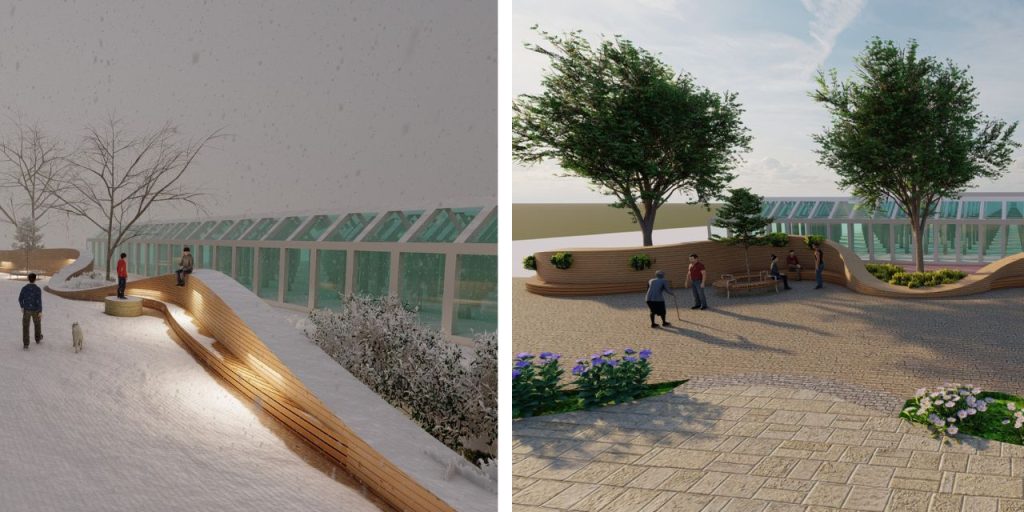
The overall experience helped the students to offer innovative pilot interventions for the Mukkula case, which can support addressing specific social and environmental challenges in urban areas, creating a pleasant environment and healthier neighbourhoods.
Authors
Jarin Tasneem Oyshi is an Erasmus Mundus scholar under the MSc in Urban Climate and Sustainability (MUrCS) program at LAB University of Applied Sciences (Finland) in partnership with Glasgow Caledonian University (UK), University of Huelva (Spain) and University of Applied Sciences Dresden (Germany).
Eeva Aarrevaara is a principal lecturer at LAB University of Applied Sciences working as module leader in MUrCS in cooperation with other partner organisations. She has been involved the Pilot Green project as an expert and also as a module leader in Urban Ecology and Nature-based Solutions.
References
Alves, L., Sevwandi, E. G. I. & Fontana, M. S. 2023. Green infrastructure pilot Mukkula shopping center area. Group presentation for Urban Ecology and Nature-based Solutions module under the MUrCS program 12 May 2023.
Brown, A. L. 1992. Design experiments: Theoretical and methodological challenges in creating complex interventions in classroom settings. Journal of the Learning Sciences. Vol.2(2), 141–178. Cited 29 Jun 2023. Available at https://doi.org/10.1207/s15327809jls0202_2
Collins, A., Joseph, D.,& Bielaczyc, K. 2004. Design research: Theoretical and methodological issues. Journal of the Learning Sciences. Vol.13(1), 15–42. Cited 29 Jun 2023. Available athttps://doi.org/10.1207/s15327809jls1301_2
Easterday, M. W., Lewis, D. G. R. & Gerber, E. M. 2018. The logic of design research, Learning: Research and Practice. Vol.4(2), 131160. Cited 29 Jun 2023. Available at https://doi.org/10.1080/23735082.2017.1286367
Ghasemi, S., Steffan, J. & Gazioglu, S. 2023. Developing Ideas for New Solution of Green Infrastructure: Mukkula Shopping Centre, Lahti. Group presentation for Urban Ecology and Nature-based Solutions module under the MUrCS program 12 May 2023.
LAB University of Applied Sciences. 2023. PilotGreen. Project. Cited 30 Jun 2023. Available at https://lab.fi/en/project/pilotgreen

